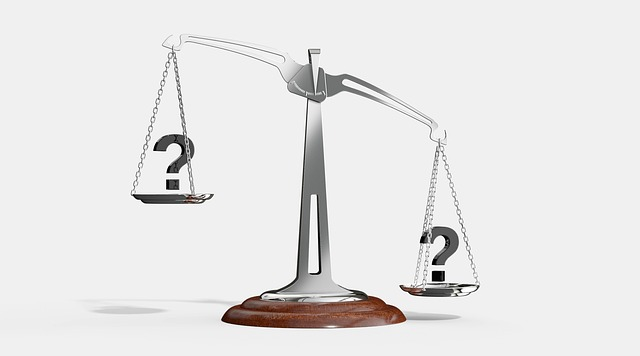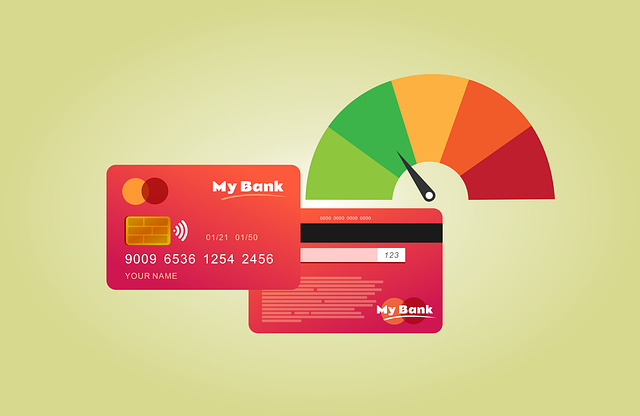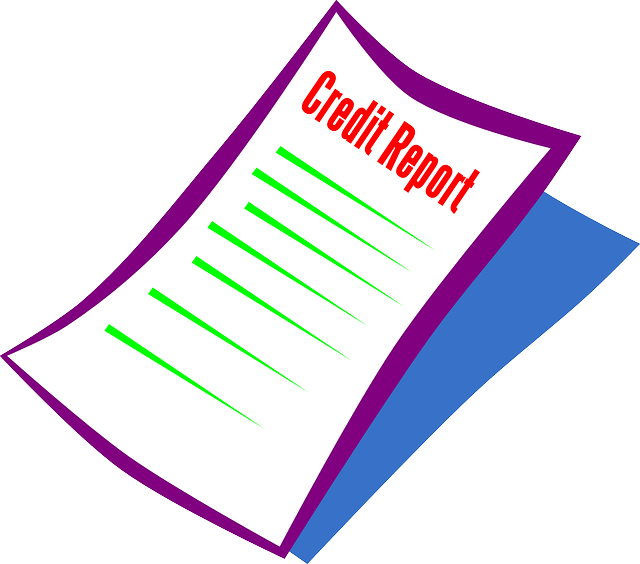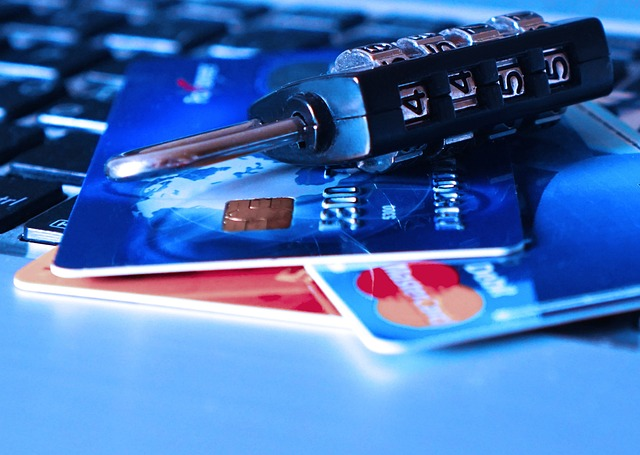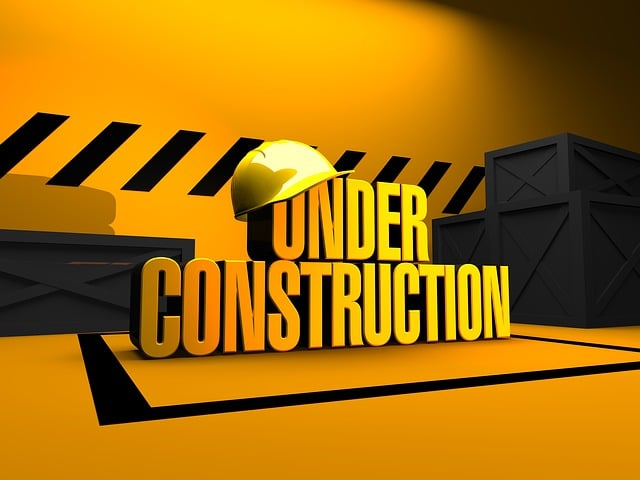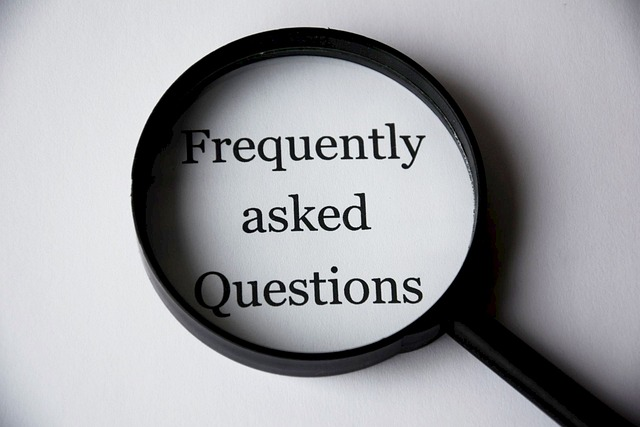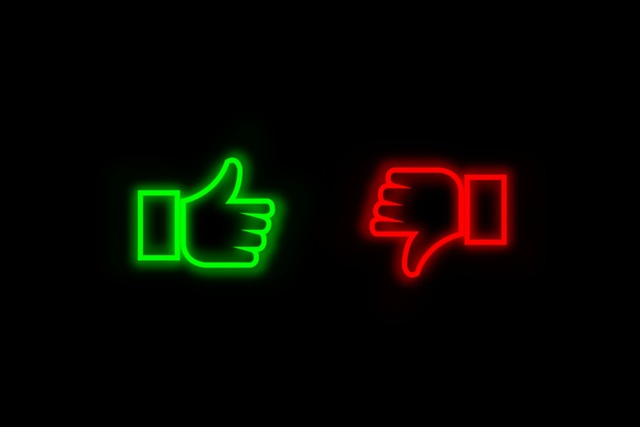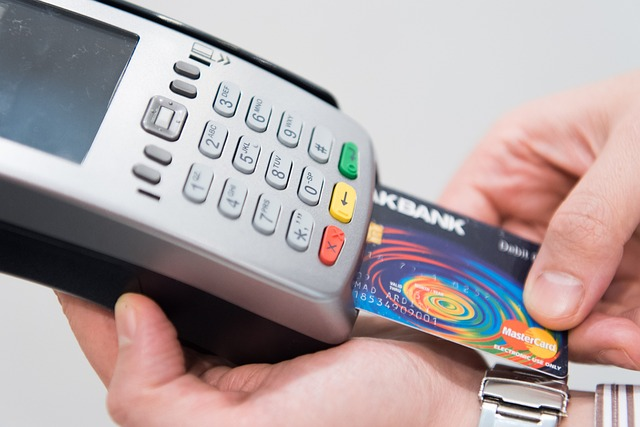What does it mean to have No Credit?
No credit means there isn’t enough information in your credit report to generate a credit score. Some people have zero credit history at all. This is known as being “credit invisible.”
Most people without credit have never used any form of credit (loans, credit cards, etc.). It most commonly affects young adults, students, and immigrants, but anyone can be credit invisible if they’ve never held any credit accounts or had utility bills in their name.
An estimated 21 million Americans have no credit history.
What is considered Bad Credit?
Bad credit means you have an established credit history but don’t have a good track record of managing debt. Common financial mistakes leading to poor credit include missed payments and too much debt.
Very late payments (90 days or more), charge-offs, loan defaults, foreclosures, and bankruptcy all significantly lower credit scores. Repairing credit after one of these events can take several years.
There is no dividing line between good credit and bad credit. Instead, it depends on the credit score range where your score lands. Most credit scores have a range of 300-850.
FICO Credit Score Ranges
The most commonly used credit scores are FICO scores. Over 90% of the top lenders use FICO scores to make financing decisions every day.
FICO credit score ranges are:
- Exceptional: 800-850.
- Very good: 740-799.
- Good: 670-739.
- Fair: 580-669.
- Poor: 300-579.
FICO scores below 580 are generally considered bad credit or poor credit. However, some lenders might consider the lower end of the fair credit score range (620 and below) bad credit. Good credit scores are usually 670 and above.
VantageScore Ranges
The major credit bureaus developed VantageScores in 2006 to standardize consumer credit scores. While FICO remains the dominant credit scoring model, VantageScores have gained market share since its inception.
VantageScore ranges are:
- Excellent: 781-850.
- Good: 661-780.
- Fair: 601-660.
- Poor: 500-600.
- Very poor: 300-499.
Is No Credit better than Bad Credit?
Bad credit and no credit cause many of the same problems. People with a poor credit score or no credit score typically have the following challenges:
- Low approval rates for loans or credit cards.
- Pay higher interest rates on credit cards and loans.
- Lower borrowing amounts or credit limits.
- Additional fees.
- Might require collateral or a cosigner to get approved.
- Fewer options overall.
- Might need to make a security deposit for utility or cell phone accounts.
- Could cause higher insurance rates or denial of coverage in some states.
- Could impact employment opportunities.
However, bad credit is generally considered worse than no credit because it’s more challenging to raise a low credit score than it is to establish good credit. Improving bad credit scores requires overcoming past credit mistakes.
With good credit habits, someone with no credit can establish a credit history and get a good credit score in as little as six months. Raising a bad credit score can take years.
What determines a Credit Score?
Whether you’re trying to build or repair credit, it’s essential to understand how credit bureaus calculate credit scores. The three major credit reporting agencies, Experian, Equifax, and TransUnion, produce credit reports.
The information in your credit report is called your credit history. It includes how many credit cards you have, credit card balances, credit limits, loans, payment history, new credit inquiries, and more.
The bureaus receive information from credit account providers, financial institutions, and utility companies. It shares that information with lenders and credit card issuers when you apply for a new account. In some states, insurance companies, utility companies, and employers can access your credit report when you apply.
Your credit score is based on five key factors in your credit history. Each factor is weighted differently. FICO score factors are:
- Payment history: 35%
- Amounts owed: 30%.
- Length of credit history: 15%.
- Credit mix: 10%.
- New credit: 10%.
How do you establish Credit History with No Credit Score?
According to the Federal Trade Commission (FTC), most people’s credit history starts with a credit card or loan application. However, there are several important considerations to ensure you start your credit history in the right direction (and toward an exceptional credit score).
Learn Credit Basics
It’s a good idea to study what credit is and how it works before completing your first credit application. You want to ensure you understand the factors that impact your score and get into the habit of using credit responsibly. The number one rule is never to miss payments. But you should also keep your credit usage low, keep accounts open for as long as possible, and have a good mix of credit.
Check Your Credit Reports
One credit habit to develop is checking your credit scores and reports. Everyone gets a free credit report for each of the three major credit bureaus per year.
Open a Student or Secured Credit Card
College students can apply for a student credit card to help establish credit history. You can also open a secured credit card, which requires a cash security deposit. Using either card and paying off credit card debt on time and in full will help build positive credit history.
Become an Authorized User
If you have a family member with excellent credit, you can ask to become an authorized user for one of their credit cards. When added to someone else’s credit card, its usage becomes part of your credit history. So, ensure the card in question has a low balance, and the card owner makes their payments on time. Also, not every credit card company reports authorized users, so it might not work depending on the credit card issuer.
Get a Credit-Builder Loan
With credit-builder loans, the lender sets the loan funds aside in a savings account or certificate of deposit (CD) instead of disbursing the funds. The borrower makes regular payments plus interest until the loan is fully paid. A positive payment history builds credit. Once paid off, the lender releases the funds to the borrower.
Don’t Miss Student Loan Payments
Taking out a student loan to build credit is a bad idea. However, if you must use student loans anyway, it provides an opportunity to build credit. The important thing is never to miss a payment – and that does for all forms of credit and utility bills. You may also want to consider making extra payments. That will help you pay the debt down faster and save interest.
Pay Your Bills & Get Them Reported
Paying rent and utility bills on time is an alternative to opening credit accounts to build a credit history. Some rental or utility companies may automatically report to the three credit bureaus, but some don’t. You can try using Experian Boost® to add those bills to your credit report. The service also lets you add streaming service accounts to help build your payment history.
How do you repair a Bad Credit Score?
Many suggestions for establishing credit with no credit history also apply to repairing a bad credit score. However, it’s more difficult to raise a low credit score. The following actions can help repair a bad credit score.
Make On-Time Payments Consistently
Your payment history is the most significant factor in your credit score, comprising 35% of the total. Late payments, defaults, and charge-offs all lower credit scores. The longer an amount due goes unpaid, the more significant impact on your score. However, consistently making your payments on time is the most sustainable way to improve your credit score.
Reduce Credit Usage
Your credit utilization rate (also called credit utilization ratio or credit usage rate) refers to how much credit you’re using compared to your available credit limit. For example, if you have a balance of $2,000 on a $10,000 credit limit, your credit utilization rate is 20%. You should always strive to keep credit usage below 30% to lower your credit score. Getting credit usage to single digits will help improve your credit score faster.
Don’t Close Old Accounts
The length of credit history makes up 15% of your score. You want to keep credit accounts open for years to help build or repair credit. People with excellent credit have an average account age of over 10.5 years.
Avoid Applying for New Credit
New credit applications result in a hard credit inquiry, and each inquiry can lower your FICO score by 5 points. Don’t open new credit accounts unless necessary or you’re explicitly opening an account or taking out a loan to improve credit. For example, a debt consolidation loan or balance transfer card could reduce your credit usage. If used properly, the positive impact of refinancing debt could outweigh the adverse effects of applying for credit.
Work with a Credit Repair Service or Credit Counselor
A credit repair service can help you identify the issues causing a lower credit score. It can then help you devise a plan to pay off debt or help with a debt consolidation loan. Credit counselors provide similar services with a more direct and hands-on approach. However, we advise caution as there are many credit repair scams. Avoid any credit repair service that needs upfront payment or overpromises on how quickly it can boost your credit score.
Is No Credit or Bad Credit better for Business Loans?
Commercial lenders review your personal credit when you apply for a small business loan. Bad or no credit can hurt your approval odds and lead to higher interest rates. However, just like with personal financing, bad credit tends to be worse than no credit for small business loans.
Frequently Asked Questions
Here are the most common questions about bad credit vs no credit.
How long does it take to Establish Credit?
It takes an average of about six months to establish enough credit history to generate a credit score. And that’s provided you consistently engage in credit activity during that timeframe.
How long does it take to turn Bad Credit into Good Credit?
It can take anywhere from several months to a few years to repair damaged credit. The amount of time it takes depends on how low your score is, the adverse reports impacting your score, and the positive actions you take to repair credit.
Negative marks can last on your credit report for seven to ten years. However, the older a negative mark is, the less its impact, especially if your recent activity is positive. A late payment from three years ago will affect your credit less than a late payment from three months ago.
Here’s how long negative marks remain on your credit report, per Experian:
- Late & missed payments: 7 years.
- Collection accounts: 7 years.
- Chapter 13 bankruptcy: 7 years.
- Chapter 7 bankruptcy: 10 years.
- Credit inquiry: 2 years.
But again, that doesn’t mean it takes a full 7-10 years to improve your score. It could only take 18 months to recover from a missed payment. The recovery time for a home foreclosure is usually around three years.
How do I get a Credit Report?
Everyone gets a free credit report once a year at www.AnnualCreditReport.com, which includes all three credit reports. You can access free reports weekly through the end of 2023. While your free annual report doesn’t include a free score, it provides all the information that comprises your score.
You can also create a free account at a credit bureau or all three. The free account includes one free credit score. Paid accounts typically have options for viewing credit scores at the other bureaus and seeing the different FICO scores and VantageScores versions.
Many financial services companies provide free credit scores as part of your account. Examples include banks, credit card issuers, and some non-bank lenders.
Are there Business Loans for Bad Credit?
Yes, there are business loans for bad credit. They’re sometimes listed as “bad credit business loans” or “business loans with bad credit.”
However, getting a business loan with bad credit has significant drawbacks. For starters, there are much fewer options. In addition, small business loans for bad credit usually have lower credit limits, higher interest rates, additional fees, shorter terms, and frequent payments.
Traditional lenders like banks and credit unions usually won’t issue a bad credit business loan. You’ll likely have to apply to an alternative online lender or marketplace, like UCS. But the good thing about alternative business loans is that they usually offer convenient online applications with fast approval and funding times.
Many small business owners use a business loan for bad credit as bridge financing. Bad credit business loans provide funding to support operations. Working with a lender that reports to the credit bureaus helps build positive payment history to repair damaged credit.
Once you have a better credit score, a longer time in business, and higher revenue, you can qualify for a longer-term, lower-cost loan. Sometimes, you can use the long-term loan funds to pay off the bad credit business loan.
See our Best Business Loans for Bad Credit essential guide for more information.
Bad Credit Business Loan Pros & Cons
Pros:
- Accessible financing for borrowers with a low credit score.
- Could potentially help build or repair credit with timely payments.
- Might be able to use the funds to pay off existing debt.
- Quick and easy online applications.
- Usually fast approval and funding times.
Cons:
- Higher interest rates & fees.
- Lower borrowing amounts.
- Typically short-term financing with frequent repayments.
- Might require collateral or a personal guarantee.
- Could require automatic payment withdrawals.
- Fewer options for lenders and loan types.
No Credit vs. Bad Credit – Final Thoughts
No credit is generally considered better than bad credit because establishing credit is easier than repairing a poor credit history. One analogy would be that establishing credit with no history is like starting savings at zero. Repairing bad credit is like starting savings while in the negative.
However, neither situation is one you want to be in when you need to borrow money. Good credit is essential for personal financing, such as auto loans, consumer credit cards, and mortgages. It’s also vital for getting small business loans such as business term loans, lines of credit, equipment financing, SBA loans, etc.
Whether repairing or establishing credit, you must adopt good credit habits. The most essential activity is never to miss a payment. After that, keep your credit usage low. You also want to keep old accounts active, use different types of credit, and only apply for new credit when necessary.
Contact us if you have more questions on building credit or to apply for a small business loan. Our loan executives can help you find the best business loans for your credit history.


